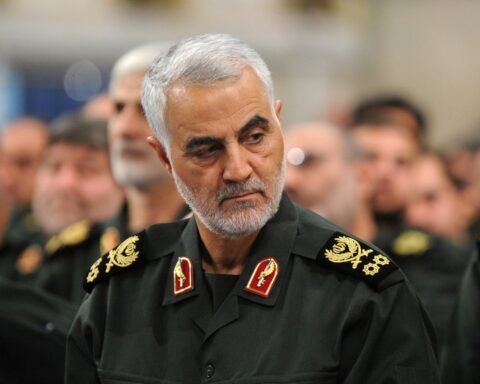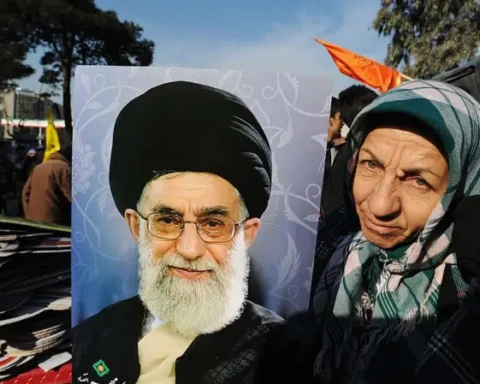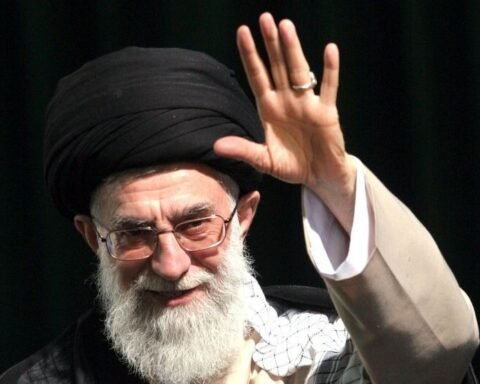Former Tanzanian Prime Minister Mizengo Pinda has made a passionate call for deeper unity and cooperation among Africa’s six founding liberation movements, urging them to align their historic missions with today’s challenges.
Speaking on behalf of President Samia Suluhu Hassan, Pinda emphasized the importance of translating Pan-Africanism values into action, as the continent moves toward realizing the African Union (AU) vision outlined in Agenda 2063.
“Unity cannot just be a slogan; it must be our collective compass for governance, youth inclusion, and shared prosperity,” said Pinda during the summit of liberation parties in South Africa.
The meeting brought together senior leaders from six ruling political parties with liberation roots:
- Chama Cha Mapinduzi (CCM) – Tanzania
- African National Congress (ANC) – South Africa
- FRELIMO – Mozambique
- MPLA – Angola
- SWAPO – Namibia
- ZANU–PF – Zimbabwe
These six liberation movements are not only political powerhouses but also cultural symbols of resistance against colonialism and apartheid. Today, they bear the responsibility of driving national and continental progress amid global and local pressures.
Also Read; TRA Sets Deadline for Online Sellers to Register
Agenda 2063, the AU’s long-term strategic vision, calls for the transformation of Africa into a global player. Key goals include:
- Inclusive economic growth
- Peaceful and secure societies
- Good governance
- Respect for human rights
- Youth and gender empowerment
Pinda noted that delivering on these aspirations requires unity and shared development models. He warned that if the youth are left behind, the dreams of liberation may be lost.
“Let’s not just remember history,” he said. “Let’s live its lessons and carry the torch forward, especially to the youth.”
Pinda strongly advocated for youth empowerment across the continent. With over 60% of Africa’s population under the age of 25, according to the UN, investing in young people is not just strategic, but essential.
He called for youth inclusion in leadership, education, digital innovation, and entrepreneurship as part of a broader African Renaissance.
The former Prime Minister also touched on rising geopolitical tensions, urging African states to reclaim their economic sovereignty and reduce dependence on foreign donors.
He stressed that the liberation parties must serve as pillars of stability, especially at a time when military coups, social unrest, and digital misinformation are disrupting democratic institutions across the continent.
At the end of the summit, the six liberation parties pledged to reinforce integration, expand infrastructure networks, collaborate on regional peace efforts, and boost cultural ties through education and historical preservation.
This unity, they agreed, will help ensure that African Continental Free Trade Area (AfCFTA), Agenda 2063, and African Renaissance become more than just ideals—but realities for future generations.
“We must act now—not for the past, but for the promise of tomorrow,” Pinda concluded.







